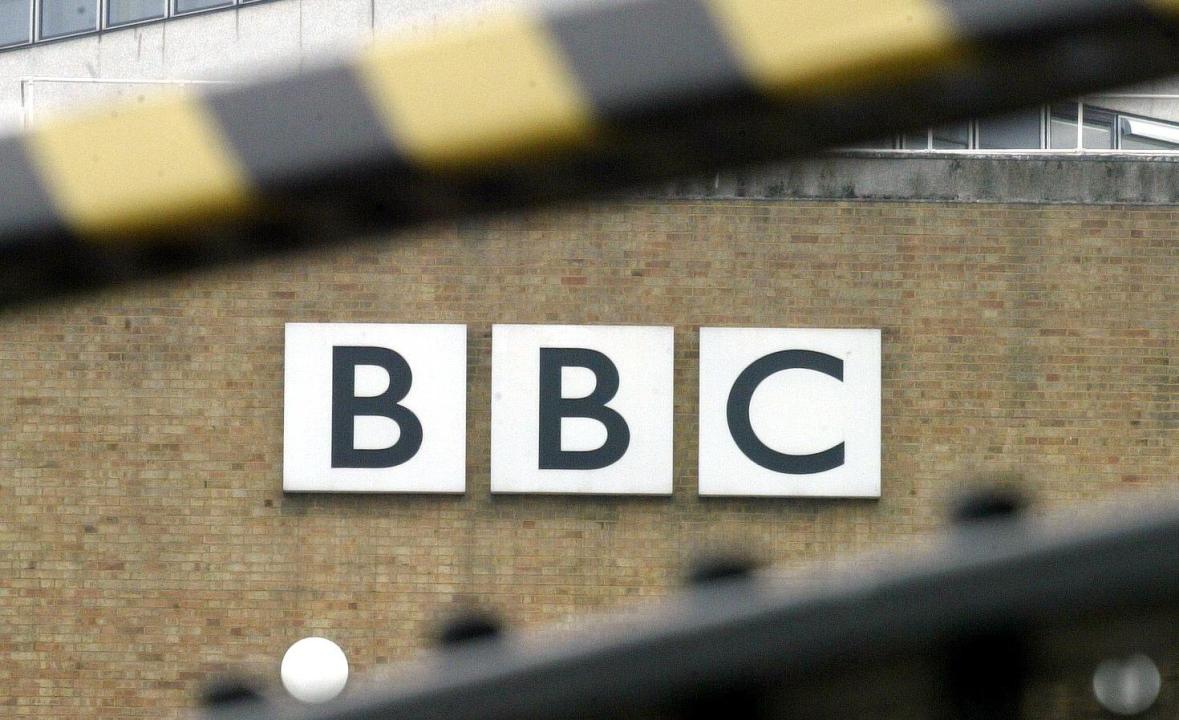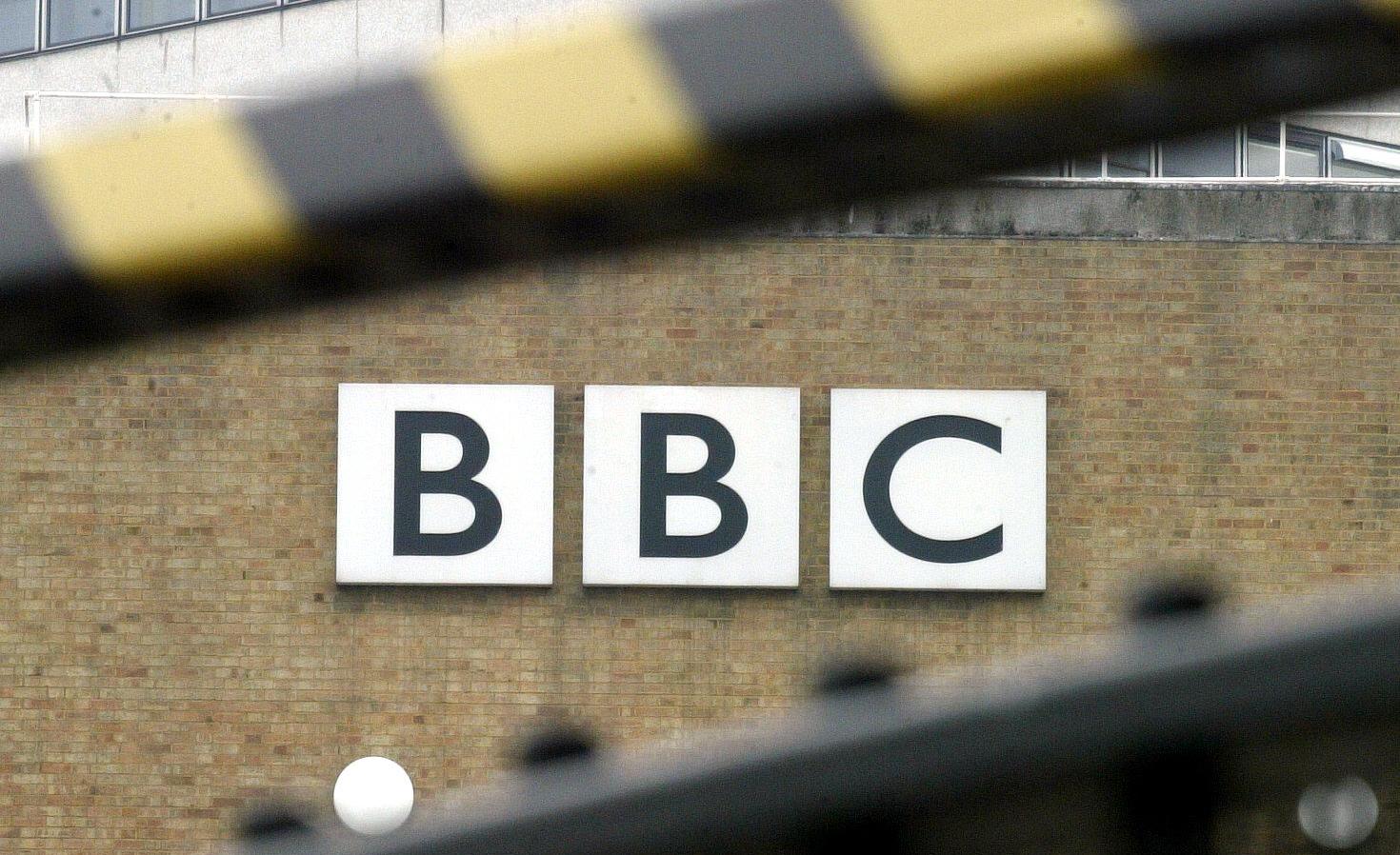‘Diversity’ — who today would dare to stand up and declare themselves against it? What, after all, is the alternative? Homogeneity? Uniformity? Indistinguishability? But there is clearly a problem with what that term has come to represent. It will come as no surprise then that June Sarpong, the BBC’s ‘director of creative diversity’, has been forced to admit that the corporation has a problem connecting with a white working-class audience.
That this fact has long been in evidence — the BBC’s own audience research has shown that C2DEs are the social classes least likely to think that the BBC represents the views of ‘people like me’ — does not entirely undermine the value of what Ms Sarpong has done. Let it be clearly said: it is good and necessary that the BBC is at last publicly confessing its failure and acknowledging that it is not reaching parts of the country that other broadcasters cannot reach. Finally, the BBC seems to be waking up to this and is making the right noises about correcting that failure.
So supposing — as generosity dictates we must — that Ms Sarpong is sincere and not speaking merely for reasons of tactical public relations, what should the BBC do? What types of programme are needed to draw back these white working-class people who are, apparently, increasingly rejecting what the BBC offers? In answering that question, there’s a real danger of patronising the very people it wants to reach. Imagine the conversation between the channel controller and commissioning editor:
Q: what do young working-class men like?
Many people have views that the BBC considers wicked and retrogressive
A: football, cars, sex.
See what I mean? This is crass and insulting. What is needed is empathy and a change of tone on these and other subjects. The corporation cannot help, for instance, that it’s highest-profile football presenter, Gary Lineker, is someone who now seems more interested in advertising his views about Brexit than expatiating about the need for ‘more quality in the box’.
But, in truth, much of this would come nowhere near addressing the real problem. By its very nature, the BBC finds it almost impossible to tune into the preferences of a class almost entirely absent from its newsrooms and production offices.
The BBC’s workforce is overwhelmingly middle-class. It is, furthermore, a youthful workforce. The journalists and creative types who work for it have striven hard to get where they are — they truly are the meritocracy incarnate. They are, in general, well-educated and ambitious and what’s more, even if they enter the hallowed portals of New Broadcasting House as genuine working-class lads and lasses (not that many do), they will soon themselves become middle-class. The internal culture of the corporation is very coercive in that way; the newcomer, obeying the universal human instinct to blend in, quickly adopts the tastes and prejudices of the host community.
There is, on the BBC’s part, a fundamental misunderstanding — or maybe willful blindness — here. The corporation’s problem is not really about the scarcity within its ranks of working-class people; it is more about its absolute refusal to represent people of that class as they really are. Have you ever watched a BBC drama (or news programme come to that) that accurately reflected the way people really think and talk? In the real world, many people privately voice views and opinions that are seen as reprehensible and completely un-broadcastable by the BBC. On issues like Islam, immigration, gender and sex many people have views that the BBC considers wicked and retrogressive and it makes sure these views are never reflected in its output.
It seems very likely to me that the real reason that people are drifting away from the national broadcaster is that too often they feel they are being preached at. Their views, their beliefs, their outlook find no favour with the BBC and slowly it dawns on them that the BBC doesn’t actually like them very much. And so, gradually but inevitably, those people come to think that it’s not for them.
The new director-general, Tim Davie, seems to understand this. In his first utterances in the job a few weeks ago he spoke of the need for a new approach to ‘diversity’ including the idea of ‘diversity of thought’.
This, in BBC terms, would be quite revolutionary. For the past few decades, the corporation has interpreted ‘diversity’ in a particular way. It has become a tick-box exercise designed to ensure that there are ‘correct’ numbers of black, brown, white, male, female, gay and straight and so on. In this way of doing things, diversity comes adorned with a halo of political correctness and BBC managers had clear targets they could aim for. Once the quota for any particular category was fulfilled they could stand back and proclaim ‘job done’. Except, of course, that it wasn’t. The resultant BBC is hopelessly unrepresentative in political terms.
The problem is that the BBC has never viewed political outlook as a protected characteristic. People with right-wing views are thin on the ground in BBC newsrooms and production offices; the prevailing political vibe is centre-left. And while I met plenty of Trots and ex-Trots when I worked there, I never met anyone whose sympathies leaned the other way. There are now the first signs that, perhaps, the BBC is going to address this issue.
However, it won’t be successful if it concentrates only on social class. It will make no difference at all if the BBC adopts affirmative action towards working-class candidates if at the same time it ignores the question of political outlook. There has been much speculation recently about change at the top of the BBC and Ofcom. This would be a good thing in itself but a couple of conservative marquee signings in senior positions is not going to solve the problem. What the BBC needs is to acknowledge that it has become a hostile environment for right-wing people while providing constant succour and comfort to leftie types. That is the imbalance that June Sarpong needs to understand and address. It won’t be easy.







Comments